Although cancer, especially lung cancer is a very deadly disease, there are various types of treatment such as biopsy, chemotherapy, radiotherapy etc.
Lung cancer is almost completely curable with various treatments if caught at an early stage. However, most patients with lung cancer are diagnosed at an advanced stage where it is not possible to completely eradicate the cancer, so scientists continue to research and try to discover lung cancer new treatments, which can improve the quality of life and prolong life.
WHat is lung cancer?
If any of the cells inside the lungs are damaged for some reason, those cells start to regenerate. But sometimes when the cells continue to regenerate, abnormal cells form that give rise to tumors or cancer in the lungs. Smoking is 90% responsible for lung cell destruction and cancer.
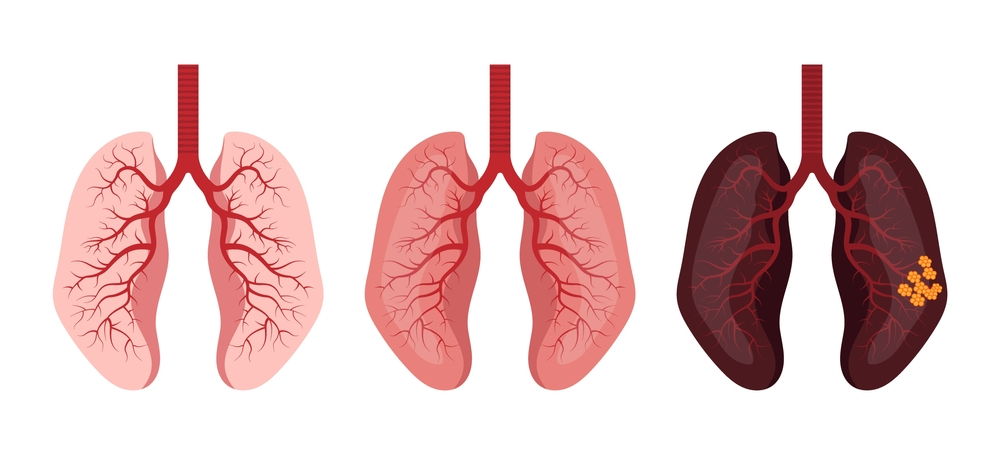
Based on the site of origin, lung cancer is divided into primary and metastatic types. When cancer originates directly in the lung, it is called primary lung cancer and if it starts in an area near the lung and gradually spreads to the lung, it is called metastatic lung cancer. However, if your cancer is caught early, lung cancer new treatments can help you recover faster.
Based on size and ability to spread, lung cancer is divided into small cell lung lung cancer and non-small cell lung cancer.
Small cell lung cancer
Small cell lung cancer is an aggressive type of cancer and it grows rapidly and is more likely to spread to other parts of the body. It accounts for 20% of lung cancers.
People with a long history of smoking are more likely to develop this disease. However, it can also be caused by second-hand smoke and exposure to chemicals such as arsenic, chromium, beryllium, nickel, etc.
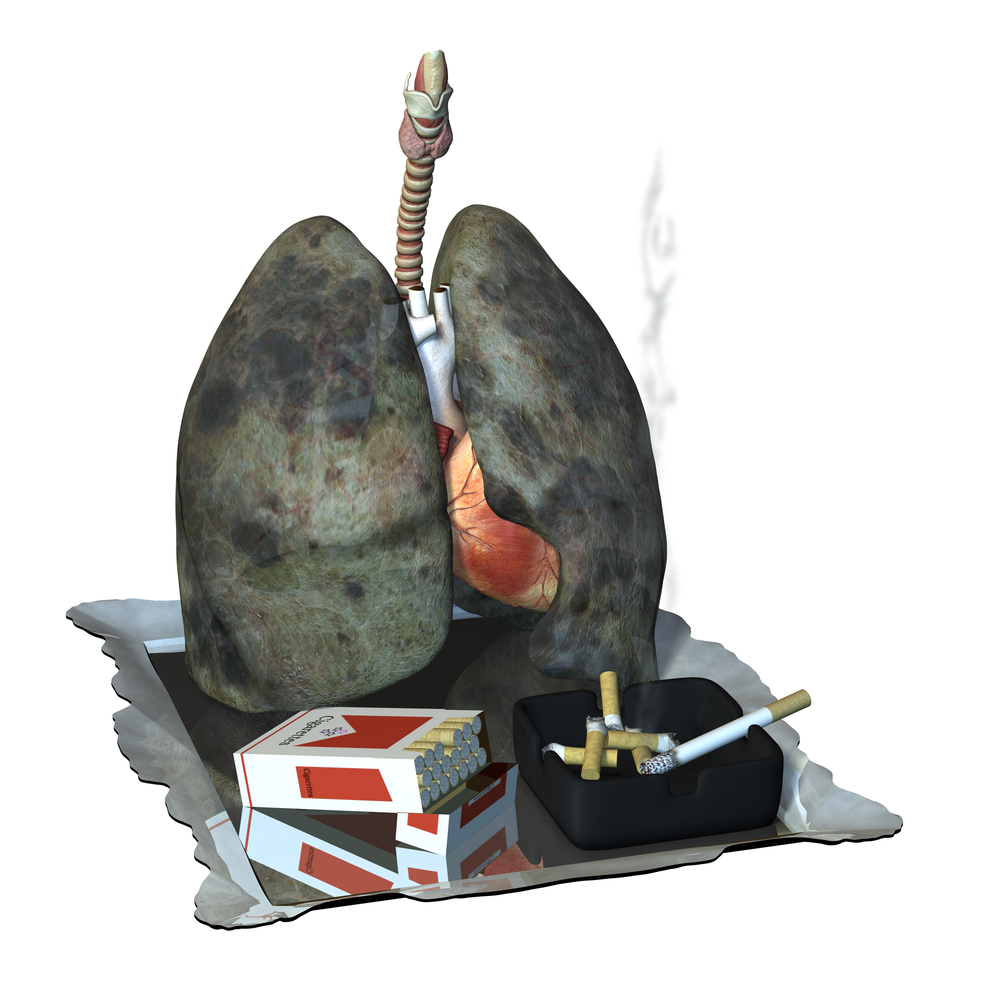
Symptoms such as chronic cough, chest pain, shortness of breath and fatigue occur in patients with this type of lung cancer.
Due to its ability to spread rapidly, it progresses to an advanced stage before detection. This type of cancer cannot usually be treated with surgery. But lung cancer new treatments such as chemotherapy show great results for this type of cancer. Although small cell lung cancer cannot be completely eradicated with chemotherapy, it can improve quality of life and prolong life.
Non-small cell lung cancer
Non-small cell lung cancer originates in lung tissue. It is less likely to spread to nearby areas of the body than small cell lung cancer. Although it is not as dangerous as small cell lung cancer, very few patients recover completely from this cancer. This type of cancer accounts for almost 80% of lung cancers.
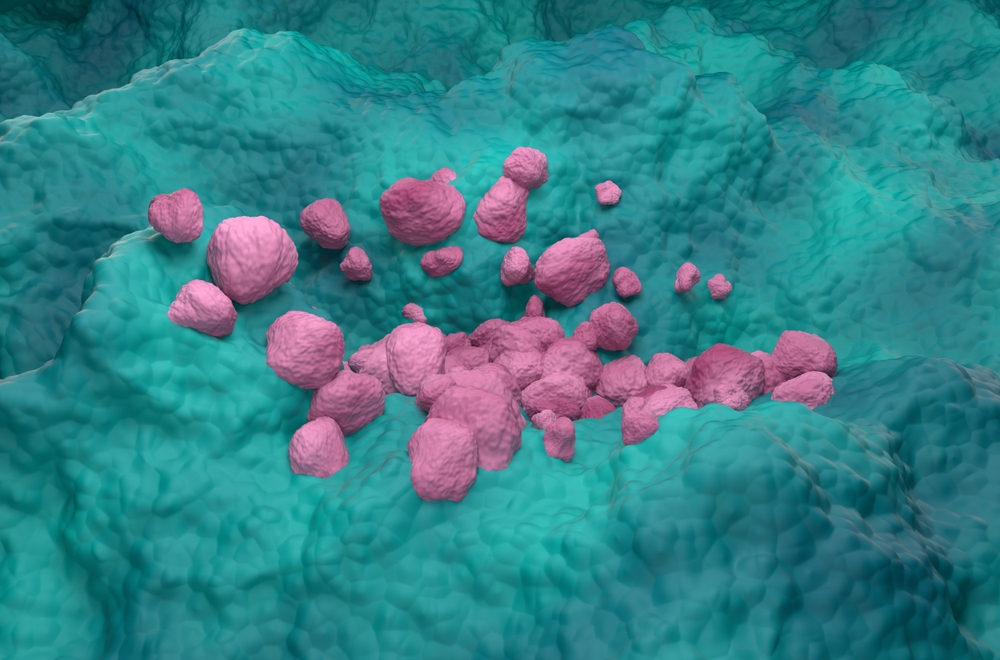
Although smoking is responsible for this type of cancer, non-smokers can also develop this type of cancer. Surgery, chemotherapy, radiation therapy and sometimes combinations of these treatments are also used to treat this disease. And a lung cancer new treatments has been discovered called amivantamab for non-small cell lung cancer which is discussed below.
Is there any lung cancer new treatments
There is no doubt that lung cancer is a deadly disease, but over the past few decades, many lung cancer new treatments have been discovered that save patients’ lives, improve quality of life, and prolong life. All these treatment methods have reached this advanced stage after a century of experiments on lung cancer. For example, radiation therapy was first used to treat cancer in 1899.
The most common lung cancer treatment
Surgery/biopsy
There are about five types of lung cancer surgery based on size, location, type and whether it has spread to nearby areas.
- Lobectomy: The lung on the right side of the body is divided into three lobes and the left lung is divided into two lobes. If the cancer has settled in a particular lobe of the lung, the surgeon surgically removes that one lobe.
- Bilobectomy: If the cancer is in two specific lobes, surgical removal of both lobes by a surgeon is called bilobectomy.
- Pneumonectomy: If one side of the lung is completely infected with cancer and has not spread to other parts, then complete removal of that part is called pneumonectomy. This surgery is not performed on patients unless it is very urgent.
- Removing a section of lung: If your lung cancer is caught early or is limited to a small part of your lung, your surgeon will remove that small part. But your healthcare provider won’t recommend this operation if he thinks it might be in another part of the lung or other parts of the body.
- Removing lymph nodes: If, during the cancer screening, your surgeon finds cancer cells in the lymph nodes around the lungs that have spread from the main cancer, he will also perform an operation to remove those nodes.
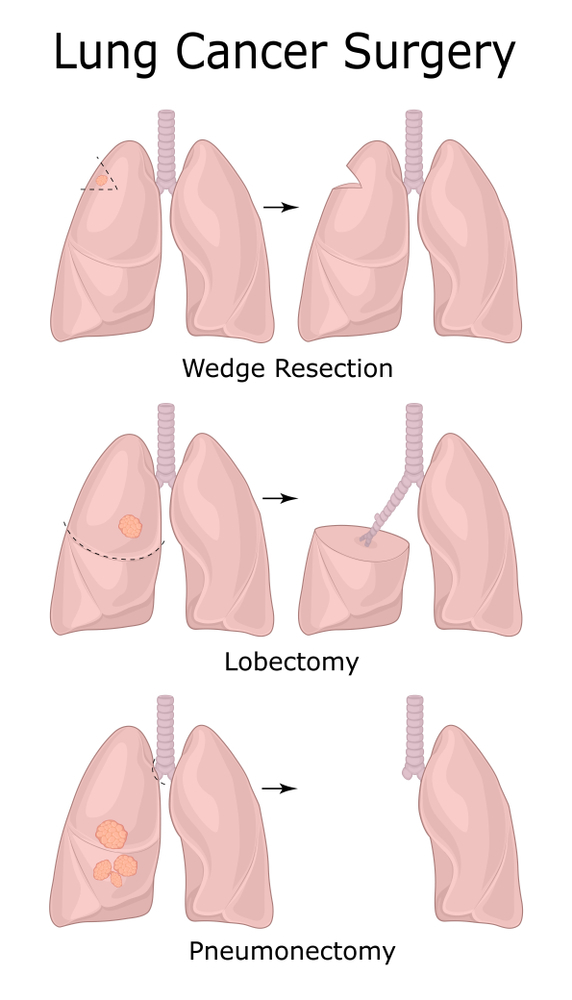
Chemotherapy
Chemotherapy can be a very important treatment for lung cancer. It may be the only treatment to remove the cancer or it may be used along with other treatments such as surgery, radiotherapy, immunotherapy or any type of lung cancer new treatments.
Chemo drugs are given into a vein through an injection. It is applied once or more times a week for a specific period of time based on the stage or type of cancer and the physical capacity of the patient.
A review of the history shows that the therapy was first applied on December 1, 1942, and the first clinical trial was published in 1946.
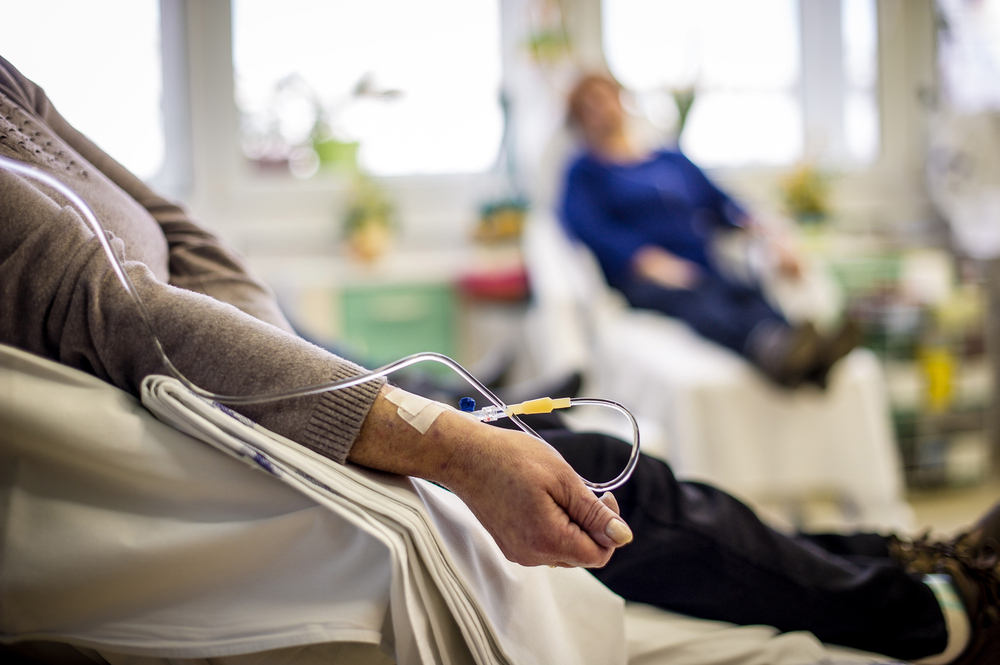
Radiation Therapy
Radiation therapy is a treatment that can be used to treat almost all types of cancer include lung cancer in childhood. In this process, cancer cells are destroyed by applying X-rays directly to the cancer tumors. It is also used to shrink cancerous tumors before surgery and to destroy cancer cells left after surgery.
The use of X-rays in lung cancer began in 1986 when German physics professor Wilhelm Konrad Roentgen gave a lecture “On a New Kind of Ray”.
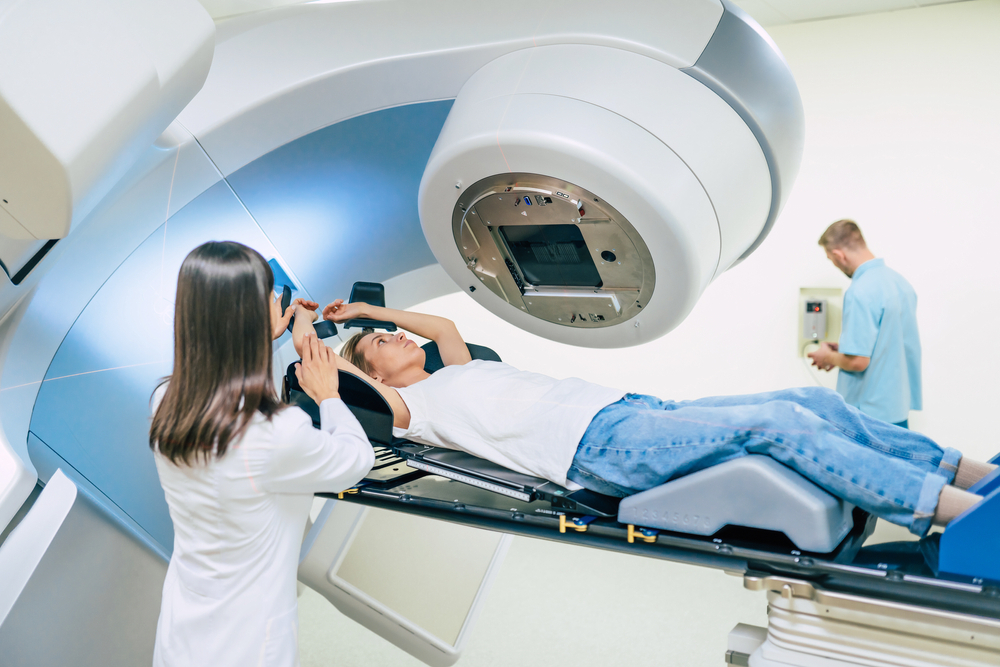
Amivantamab (A type of lung cancer new treatments)
Over a century and a half of research, various treatments have been developed, some of which we have discussed above. Furthermore, research into cancer treatments is still ongoing and lung cancer new treatments are being discovered and approved.
In 2021, an injection called amivantamab was approved in the United states and the European Union as a highly effective lung cancer new treatment for non-small cell lung cancer. It is an antibody that stimulates the immune system to stop the growth of cancer cells and destroy them.
This injection is given very slowly into the patient’s body over two to four hours. It is injected into the patient’s body every two to four weeks as needed. This treatment is one of the most effective of the lung cancer new treatments.
Conclusion
There is no doubt that cancer is a deadly disease, but new possibilities are constantly being discovered in its treatment. For lung cancer new treatments Oncologists are constantly researching new potential treatments, which results in the discovery of treatments like Amivantamab. It has become a beacon of hope for all lung cancer patients as a lung cancer new treatments.
3 thoughts on “Lung Cancer New Treatments: Next generation therapies”